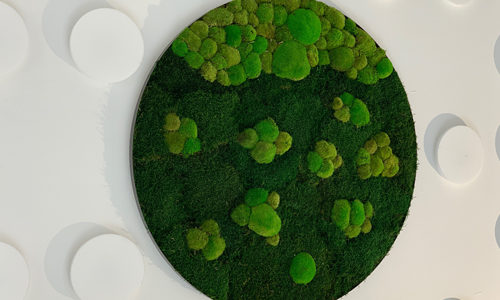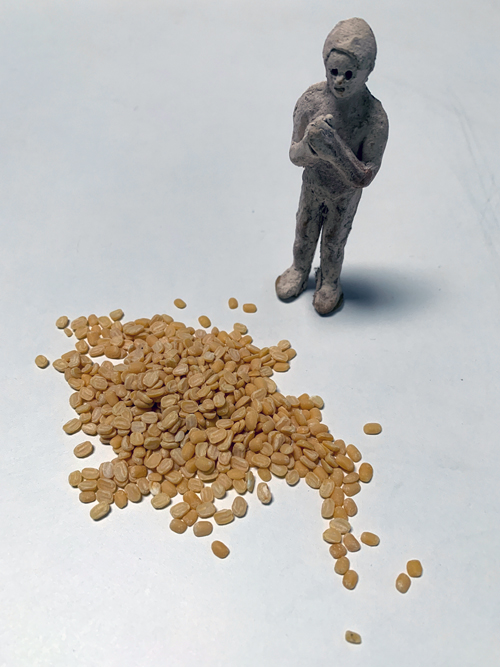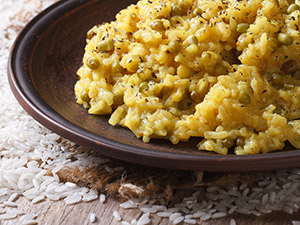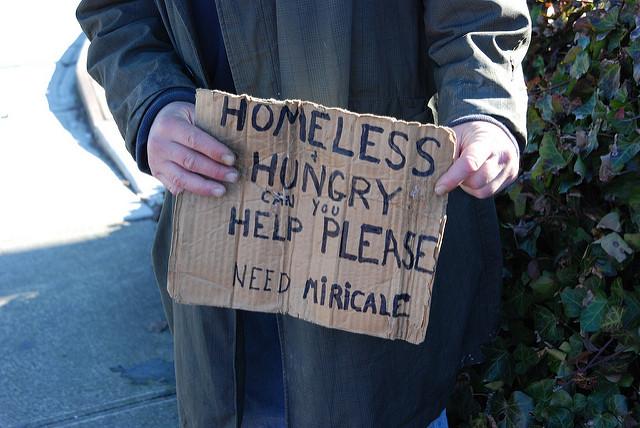On this second day of eating only kitchari, 3 x per day, I’m settling in with more ease to this self-inflicted diet. It’s amazing how quickly the human body adjusts to a new norm. This works in our favor when we make healthy choices. Not so well when we don’t. Like attracts like, so when we’re imbalanced, we gravitate toward more of whatever is causing our imbalance.
In other words, we’re all addicts.

One reason my bowl of kitchari is more appealing today is that I remembered to sprinkle chopped cilantro on top of the mung dal and rice. Flavor really helps to brighten the day. On day 1, I must have been stuck in Puritan mode. I forgot all about the cilantro.
While the cilantro adds zest, my tastebuds are already adjusting, so the flavor of cardamom and ginger pop out more obviously. It turns out that kitchari isn’t so bland at all.
I’m reminded of camping in a tent. That first night, sleeping on the ground, I toss and turn, searching in vain for the cushy comfort I’m accustomed to in my queen size bed. When the sun rises, I’m relieved to end the ordeal, but then have to contend with feeling tired and beat up. However, the aches dissipate with the joy of being outdoors, breathing clean air, listening to bird song, feeling the sun’s warmth on my face. The following nights I sleep much more soundly. I’ve adjusted to the new norm.
With such resistance to discomfort, it’s a wonder we humans achieve anything worthwhile. And it’s easy to see why we’ve made such a mess of things in this world. Why eat mung dal and rice when we can have tenderloin and tira misu? Why fill a glass with water instead of a hoppy pale ale? Why explore the unknown in our neighborhood when we can go to Bangkok? Why share walls with others when we can live in a five-level home on five acres? (No pointing fingers here – I’ve done all of those things fairly recently.)
When we consistently choose comfort over discomfort, there’s never enough. Something better is always just out of reach.
One of the unexpected rewards of eating simply is the realization that I can actually be happy with far less than I thought. The freedom that comes with simplicity is far more intoxicating than alcohol and longer lasting, with no hang over. It also feels more equal, more democratic. Having many choices may not be freedom but rather tyranny, in the way plenitude distorts our view of reality. The truth is, if all of us lived more simply, there would be plenty of resources for everyone on planet earth.

Albert Einstein wore the same clothes every day so he wouldn’t have to decide what to wear. Eating the same food every day means I spend no time or energy deciding what to eat and very little time cooking. Which frees up space to ponder far more interesting things, such as, what keeps us from experiencing prosperity?
The prosperity I’m referring to is not financial in nature, but rather an overall sense of thriving and flourishing. We don’t have to buy an amazing experience that enriches us. It could be as simple as a hug from child we love dearly.
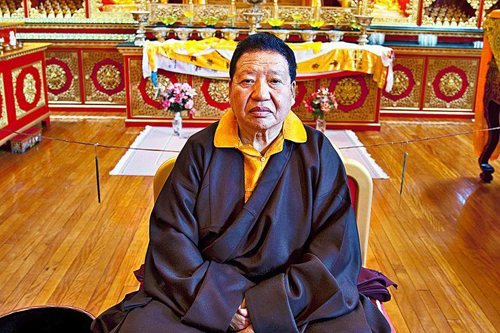
Paradoxically, on this second day of eating only mung dal and basmati rice, I’m feeling prosperous. The subtle flavors coming alive in my mouth open me to other subtleties, such as a refined connection to my soul. In this utter simplicity I feel vibrant. In this illuminated state anything seems possible. And, in the words of the Tibetan Buddhist Akong Rinpoche, “Only the impossible is worth doing.” There’s a lot of impossible to do in 2020.
I’ll write more about that on day 3.
